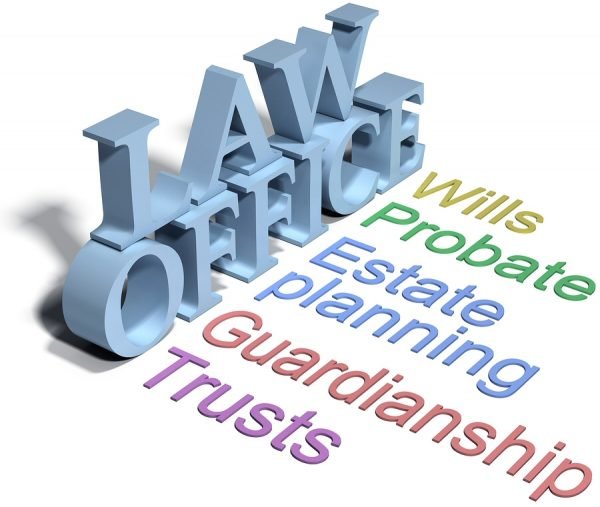
So your parent dies and you see a Will that names you as a beneficiary. Great, you now have a piece of your parents’ property secured as your inheritance…right? Not so fast. Just because you are named in a Will does not necessarily mean you are entitled to any assets because a Will only controls assets that pass through a probate estate. Nowadays, there are not many assets that meet this definition.
For example, joint tenancy assets, such as real estate or bank accounts held in joint tenancy, do not pass through probate. Instead, they pass automatically to the surviving joint tenant—no probate necessary. And since joint tenancy assets bypass probate, the Will does not control.
The same is true for assets that pass by beneficiary designations, things like life insurance, 401(k)’s, IRA’s, pay-on-death accounts, transfer-on-death accounts, and the like. Trust assets also fit within this category, meaning that anything left by Trust bypasses the probate estate and the Will does not control.
Bottom line, unless your parent died owning assets only in his or her own name, your Will may just be “empty.” An empty Will is a meaningless Will because it does not control any of your parents’ assets. Many people believe that their Will controls all of their assets. Not true.
So next time you see your name in a Will, you better find out if the Will is empty or not.
